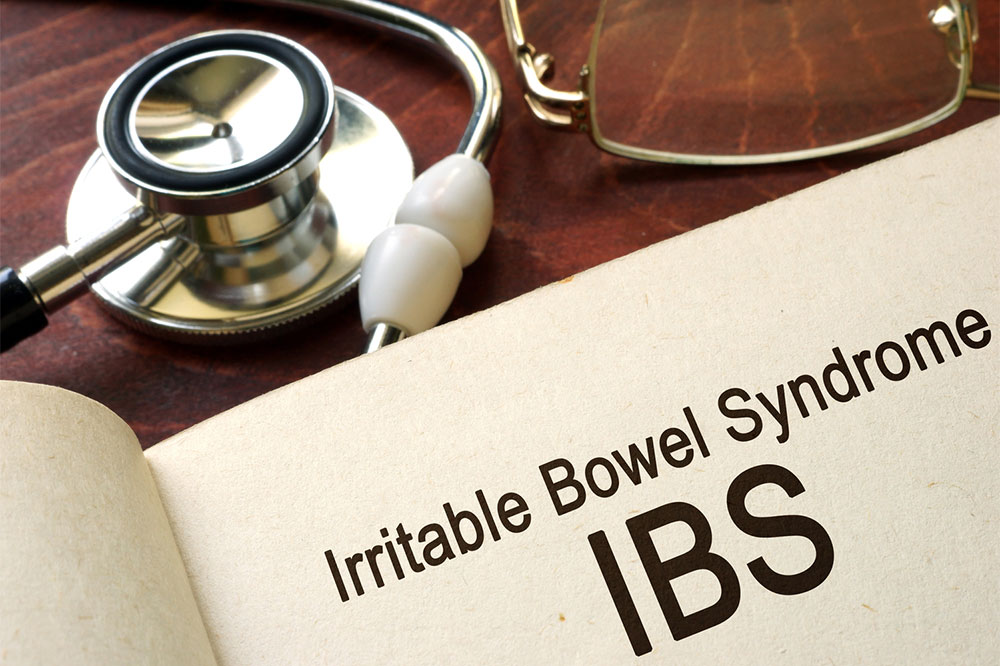A Comprehensive Guide to Irritable Bowel Syndrome: Causes, Symptoms, and Effective Management Strategies
This comprehensive guide explores irritable bowel syndrome (IBS), highlighting its symptoms, causes, and effective management strategies. It provides insights into abdominal pain, dietary modifications, stress management, and medical options. Understanding IBS helps sufferers improve their quality of life through holistic approaches and tailored treatments, reducing discomfort and related health risks.

Understanding Irritable Bowel Syndrome and Its Impact on Abdominal Discomfort
Irritable Bowel Syndrome (IBS) is a prevalent functional gastrointestinal disorder that affects millions of people worldwide. Characterized by a complex set of symptoms, IBS significantly impacts quality of life and daily functioning. This condition involves abnormal contractions of the intestinal muscles, heightened sensitivity of the gastrointestinal tract, and altered communication between the brain and gut. These factors contribute to a variety of digestive symptoms that can be both uncomfortable and debilitating.
People with IBS often experience a spectrum of symptoms, including episodic or persistent abdominal pain, bloating, gas, cramping, and irregular bowel patterns such as constipation, diarrhea, or alternating between both. The unpredictable nature of these symptoms can lead to anxiety and lifestyle disruptions, making effective management vital. Understanding the underlying causes, common symptoms, and strategies to manage IBS can empower patients to improve their health and well-being.
Nature of IBS-Related Pain and Discomfort
IBS-related abdominal pain varies greatly among individuals but is typically described as stabbing, cramping, or spasmodic. This pain often results from heightened intestinal sensitivity, also known as visceral hypersensitivity, which makes the gut more reactive to stimuli that normally wouldn’t cause discomfort. Such pain can be intermittent or continuous, affecting daily activities and emotional health.
In some cases, the discomfort can be severe, leading to disruption of sleep and increased stress levels. Patients may also notice that the pain fluctuates with bowel movements, improving after defecation or worsening during flare-ups. Recognizing these patterns can help in managing symptoms effectively.
Typical Locations and Characteristics of Abdominal Pain
Pain in the lower abdomen is common and often subsides after a bowel movement, especially in cases of IBS with constipation.
Upper abdominal discomfort frequently accompanies bloating and gas, making meals uncomfortable.
Cramps are mostly felt in the middle or lower abdomen and can vary in intensity and duration.
Understanding where and how the pain manifests can assist healthcare providers in diagnosing IBS and tailoring treatment plans accordingly.
Effective Strategies for Managing IBS-Related Discomfort
Persistent abdominal pain associated with IBS can be frustrating, especially when combined with other symptoms like bloating, gas, diarrhea, or constipation. Addressing these issues holistically is crucial for relief and improved quality of life. Here are some evidence-based approaches to manage IBS symptoms:
**Dietary Modifications:** Eliminating or reducing foods known to trigger symptoms, such as spicy foods, fatty foods, caffeine, and alcohol, can significantly reduce discomfort. Incorporating a high-fiber diet rich in whole grains, vegetables, legumes, and fruits helps regulate bowel movements and reduce bloating. For some individuals, a low-FODMAP diet—limiting fermentable oligosaccharides, disaccharides, monosaccharides, and polyols—can provide substantial relief.
**Hydration and Fluid Intake:** Adequate water consumption supports digestion and prevents constipation, which can worsen IBS symptoms.
**Regular Physical Activity:** Engaging in moderate exercise like walking, yoga, or swimming can help reduce stress, improve gut motility, and alleviate symptoms.
**Stress Management:** Since stress is a known trigger for IBS flare-ups, techniques such as mindfulness meditation, deep breathing exercises, and cognitive-behavioral therapy can be beneficial.
**Medication and Medical Consultation:** Depending on the predominant symptoms, healthcare providers may recommend fiber supplements, antispasmodics, laxatives, anti-diarrheal medications, or antidepressants. Persistent pain or severe symptoms should prompt consultation with a gastroenterologist for further evaluation and personalized treatment plans.
**Monitoring and Symptom Tracking:** Keeping a symptom diary helps identify trigger foods, stressors, or other factors that exacerbate IBS symptoms. This information is valuable for tailoring lifestyle changes and medical strategies effectively.
In summary, while IBS can be challenging due to its unpredictable nature, understanding its causes and adopting a comprehensive management plan can provide significant relief. Combining dietary changes, stress reduction, regular physical activity, and medical guidance creates a holistic approach that empowers sufferers to regain control over their health and improve their quality of life.





